Speakers
Seetha Subbiah
With over 30 years of experience helping children and families facing various struggles, including voice hearing, Dr. Seetha Subbiah, runs a training centre in Singapore, teaching 17- to 80-year-olds, from all walks of life, including those with no prior knowledge of mental health practice to doctoral degree holders of Clinical Psychology, on how to engage and assist children (and their families), lead healthy lives and reach their full potential. She has and continues to provide similar services in various countries in Asia, e.g. Sri Lanka, Maldives, Malaysia, and Japan. Based on her 16 years of training in western mental health care and professional experience working with child voice hearers in the United States of America, she authored a book on voice hearing - Did You Hear That? Help for Children Who Hear Voices - which is available in English and other languages.
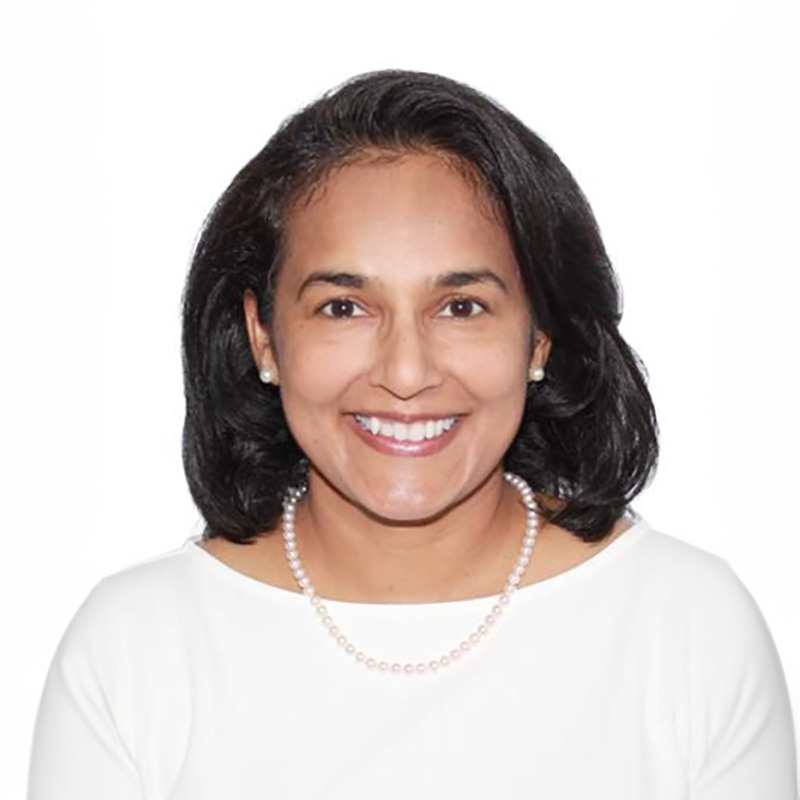 What Role Does Hearing Voices Play in Children's Lives?
What Role Does Hearing Voices Play in Children's Lives?
Abstract of the lecture: Now there is a Hope. Lots of hope for children hearing voices to be able to live life to the fullest and journey through life like any other human in this world. Previously believed to be: Seriously Scary - Untreatable - Doomed for Life - Dead-end Condition. Now, there is better understanding of voice hearing, what role voices play in children’s lives, and how adults can help children live healthy lives, with and without voices.
Will Hall
Will is a PhD Candidate at Maastricht University School for Mental Health and Neuroscience, where he is the Principal Investigator on the Maastricht Antipsychotic Withdrawal Study, a 12 language survey of more than 4,000 people from 80 countries who attempted to come off antipsychotics.
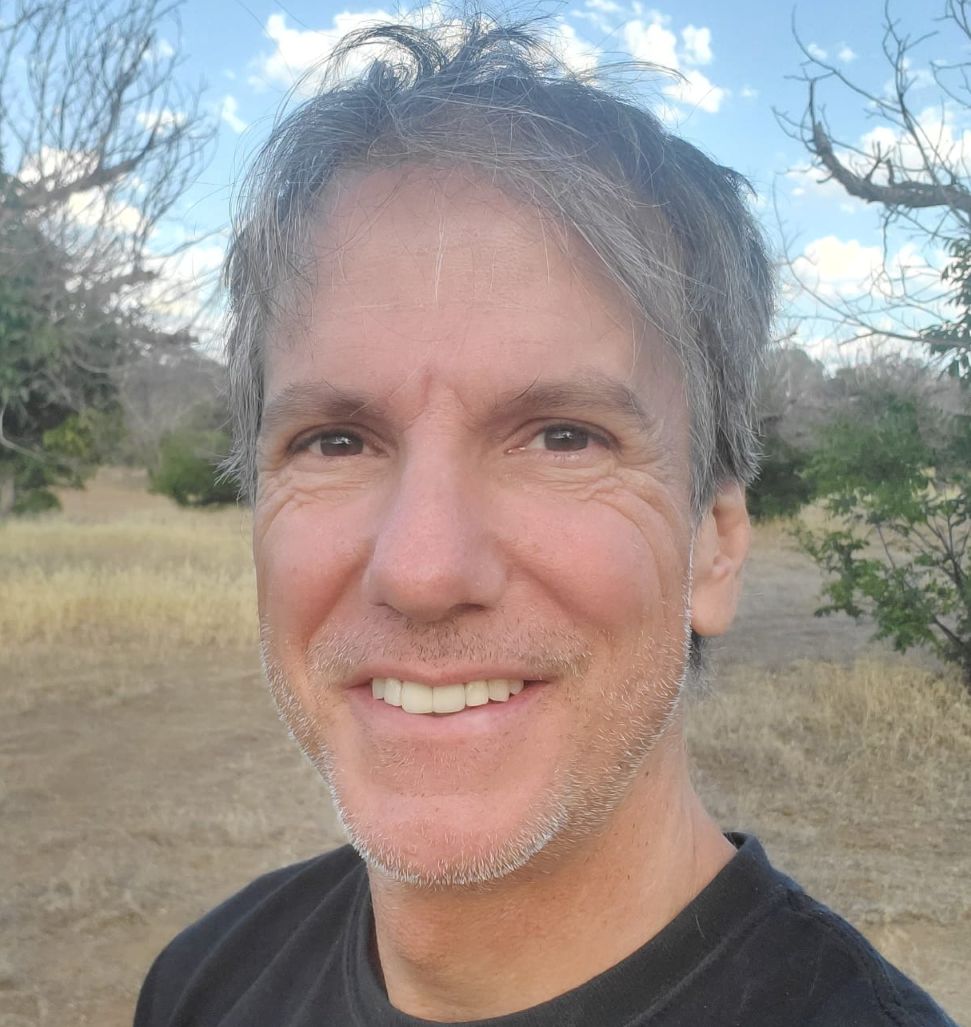 Psychosis Without Antipsychotics: What does the research say?
Psychosis Without Antipsychotics: What does the research say?
Abstract of the lecture: Hearing voices is called auditory hallucinations and considered a symptom of psychosis in standard medical practice. Is this what the best available science says? What is the role of antipsychotic medication in responding to people who "lose touch with reality", who hear voices, see visions, have altered states, and go into different personality shifts? Do antipsychotics help? Do they harm? Or is the picture more complicated? And what about people diagnosed with psychosis who came off their antipsychotics, who want to come off their antipsychotics, or who never took antipsychotics at all? What are antipsychotics anyway, and how do they work?Do they work? What does it mean to "work"?
Coming Off Antipsychotics and Psychiatric Drugs: A Harm Reduction Approach
Abstract of the workshop: Coming off medications is almost a taboo topic, and many people are left overmedicated, facing long-term risks with medications, misinformed, and/or unhappy with medication effects, but possessing little understanding of alternatives.
This training will present a harm reduction, recovery, and person-centered education framework for understanding medications and coming off medications, to empower people to be able to support each other effectively in the reduction and coming off process. Topics will include how medications work, how they are best used, risks and benefits, the process of reducing and going off meds, collaborating with prescribers, managing withdrawal effects, and developing medication alternatives.
Using a harm reduction perspective that is neither pro-medication nor anti-medication, participants will learn how to better meet each other where we are at regarding our treatment options so that we can become more empowered and gain greater control of our lives. This training is not medical or prescription advice but offers ways to collaborate more effectively with prescribers from a more informed and recovery-based perspective.
Dirk Corstens
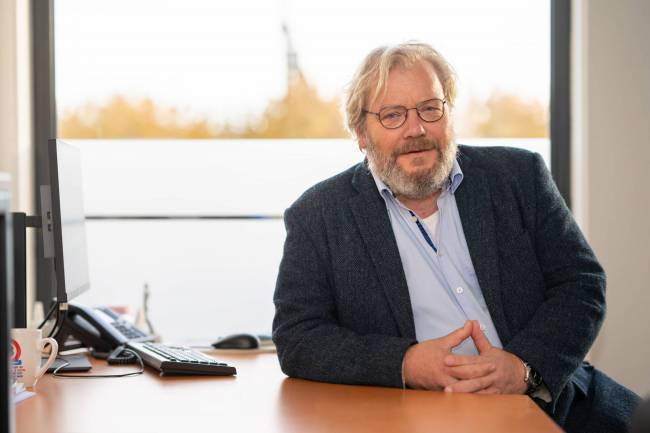 Dirk Corstens (1956) works as a psychiatrist and psychotherapist in private practice in the Netherlands. Together with colleagues he delivers social network meetings from the perspective of Peer-supported Open Dialogue and works with voice hearers according to the Maastricht Approach. He collaborated since 1992 with Marius Romme and Sandra Escher and revised the book Making Sense of Hearing Voices in 2021 in Dutch and in 2025 the English (PCCS) and Czech translation are available. He is one of the supervisors in the multicentre randomised controlled trial (N=300) 'Talking with Voices' that is conducted by Eleanor Longden from Manchester University.
Dirk Corstens (1956) works as a psychiatrist and psychotherapist in private practice in the Netherlands. Together with colleagues he delivers social network meetings from the perspective of Peer-supported Open Dialogue and works with voice hearers according to the Maastricht Approach. He collaborated since 1992 with Marius Romme and Sandra Escher and revised the book Making Sense of Hearing Voices in 2021 in Dutch and in 2025 the English (PCCS) and Czech translation are available. He is one of the supervisors in the multicentre randomised controlled trial (N=300) 'Talking with Voices' that is conducted by Eleanor Longden from Manchester University.
Trevor Eyles
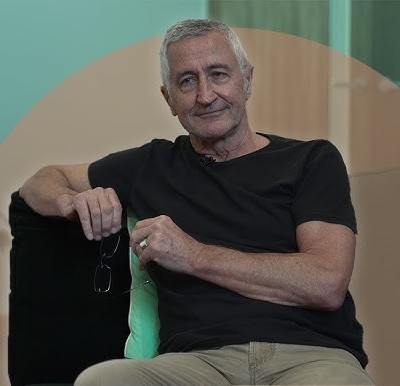 Independent Voice-Hearing Consultant Worthing, U.K. and Aarhus, Denmark. Trained as a psychiatric nurse and psychotherapist. Originally from the U.K. but based in Denmark for the past thirtyty-five years. Working in Social psychiatry for twenty years, concentrating on initiating and developing support for voice-hearers since 2001, and teaching health-care professionals.
Independent Voice-Hearing Consultant Worthing, U.K. and Aarhus, Denmark. Trained as a psychiatric nurse and psychotherapist. Originally from the U.K. but based in Denmark for the past thirtyty-five years. Working in Social psychiatry for twenty years, concentrating on initiating and developing support for voice-hearers since 2001, and teaching health-care professionals.
Board member of Danish HearingVoices Network www.stemmehoerer.dk since it’s inauguration in 2005, until 2018.
Member of Intervoice. www.intervoiceonline.org
Member of ISPS Denmark. Keynote speaker: International conferences Prague 2008, Berlin 2008, Perth 2009, Belfast 2010, Copenhagen 2014, Malta 2014, Poland 2015. Workshops internationally in Europe (Denmark, U.K., Norway, Sweden, Germany, Ireland, Poland, Malta, Slovenia, Romania, Iceland), as well as in Australia and North America.
Specialised areas of interest:
- Training health-care professionals to understand and work with the Maastricht Approach to hearing voices
- Setting-up and facilitating voice-hearing groups with voice-hearers
- Working with the Maastricht Interview
- Voice-Dialogue – individually and workshops
- Working individually with Voice-Hearers
Talking with Voices
For all those interested in the talking-with-voices approach, Trevor Eyles and Dirk Corstens will be in conversation with voice-hearers who will discuss their personal experiences.
____________________
For many people, the idea of talking with voices can be an alien and often frightening prospect.
However, as we will hear, for some it may provide the breakthrough in changing the relationship with the voices, and the first step towards reclaiming their lives.
Quotes from voice-hearers:
‘If I had not been introduced to the idea of communicating with my voices, I would still be distressed and afraid of them.’
‘Talking with voices has been the most important aspect of my collaboration with them.’
‘I had ignored them for far too long and needed a facilitator to help me listen to what the voices were trying to tell me.’
‘Talking with the voices changed the relationship from ‘enemies to friends.’
‘Talking with my voices helped me to understand them in a different way.’
‘During the first session, the voices were afraid and I realised that they didn’t actually have the power that I allowed them to have.’
‘Talking with voices enabled me to unlock the meaning behind the messages they were trying to share.’
‘For me, talking with voices is a crucial and extremely useful tool in understanding the voices in a far more nuanced way.’
Rai Waddingham
Rai Waddingham hears voices, sees visions and has times when she lives with an alternate reality. She is a proud member of the International Hearing Voices Movement, Chair of the English Hearing Voices Network and a trustee of Intervoice. She met the Hearing Voices Movement when she was struggling with the voices she hears and the beliefs she has. Through her local Hearing Voices Group she found a sense of community and connection that helped her find a way of living alongside her experiences. She is an international trainer and consultant, specialising in ethical and creative responses to mental distress (including Open Dialogue). She is currently completing a PhD in the knowledge gained through Lived Experience.
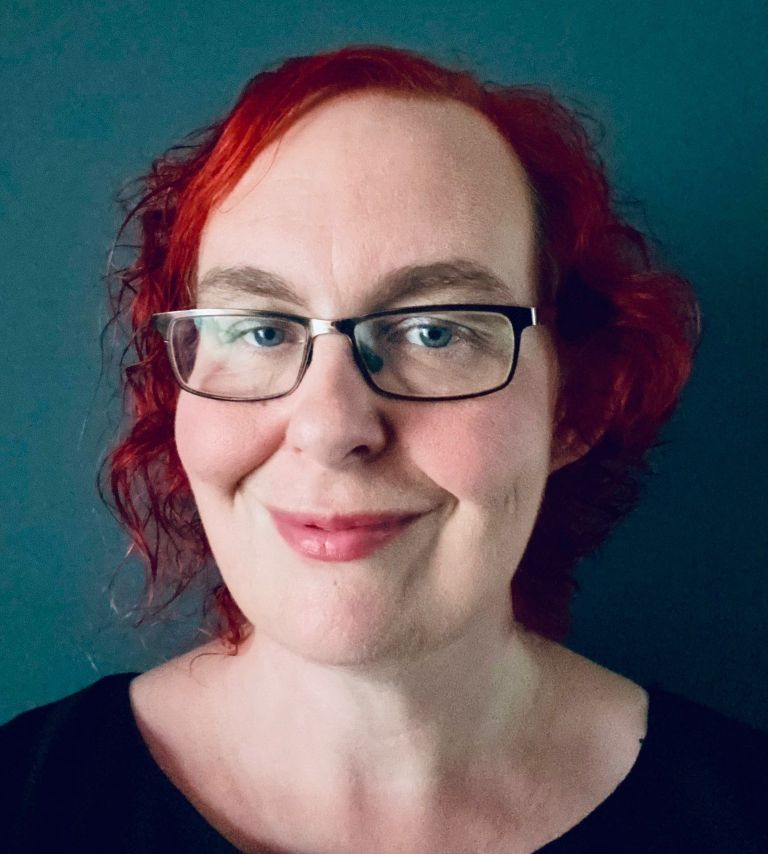 Motherhood and Voice-Hearing: A Conversation with Rai Waddingham and Kellie Stastny
Motherhood and Voice-Hearing: A Conversation with Rai Waddingham and Kellie Stastny
Kellie Stastny
Kellie Stastny is a passionate advocate for breaking down barriers and fostering connection through shared understanding. As Chair of Intervoice and a dedicated leader in the Hearing Voices Movement, she brings a wealth of experience in amplifying diverse perspectives on human experiences. A proud voice-hearer and critical social worker, Kellie integrates her lived experience with over a decade in community and public mental health. Her work centres on trauma-informed, compassionate care, supporting individuals and families navigating psychiatric systems. She is deeply committed to training and advocacy, using the Hearing Voices Approach to challenge stigma and empower others.
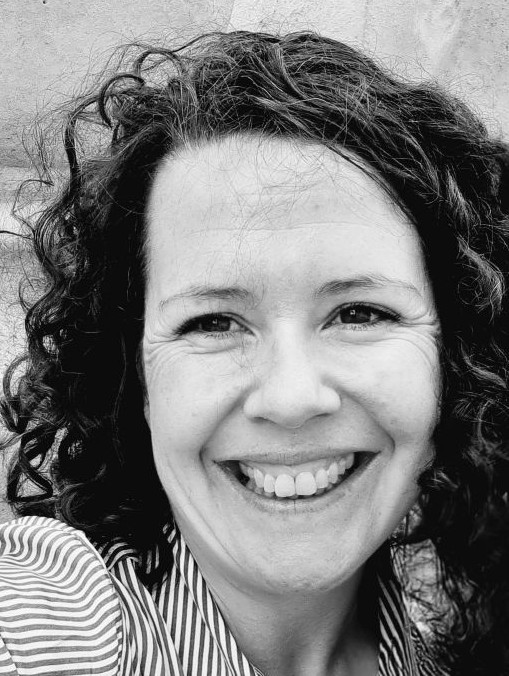 Motherhood and Voice-Hearing: A Conversation with Rai Waddingham and Kellie Stastny
Motherhood and Voice-Hearing: A Conversation with Rai Waddingham and Kellie Stastny
Senait Debesay
Senait Debesay is a trained learning disability nurse as well as a state-recognised therapeutic educator (Diplom-Heilpädagogin (FH)). She has been a part of the Hearing Voices Movement since the year 2006. She has been internationally active as a trainer, counsellor and supervisor for the efc Institute since 2007. As a pioneer in this area she has applied the hearing voices approach successfully in different settings with adults, children, young people and their families. Senait Debesay is also a founding member of the trialogical hearing voices group in Hanover, Germany.
Her special interest is in empowerment, developmental questions, as well as the potential positive and supporting role of voices in various attachment scenarios, and in the overcoming of difficult and traumatic life events. She is also specialised in selective mutism. She works in a community-based psychiatric facility for children and young people in Hanover, Germany.
She has been publishing regularly on hearing voices work in both German and English. She is also a trained Voice Dialogue Facilitator (working with parts) via Voice Dialogue UK.
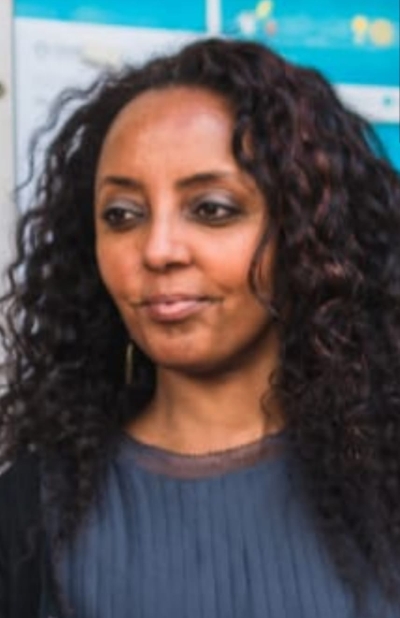 Non-verbal approaches for children and young people distressed by their hearing voices experience
Non-verbal approaches for children and young people distressed by their hearing voices experience
Pjér la Šé'z
In his psychotherapeutic practice, he accompanies his clients on their journey to find and realize personal freedom. Interestingly, he meets with his clients for therapy in a yurt, where he lived permanently for several years. [2][3] He also lectures. [4] In both of these areas, he is inspired by depth psychology and the work of C.G. Jung. Recordings of selected lectures are available on his YouTube channel [5] and website [6], as well as in his Facebook group. [7]
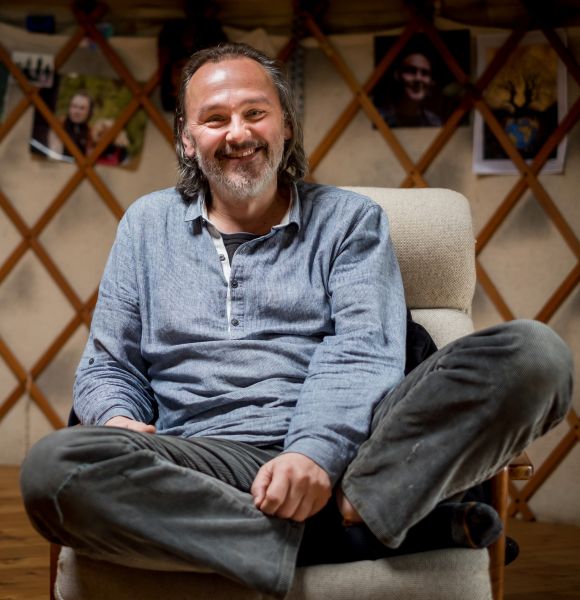 Dialogue and Personality as Fundamental Therapeutic Tools
Dialogue and Personality as Fundamental Therapeutic Tools
Abstract of the lecture: In a world of power monologue, dialogue is becoming increasingly rare, and that is why it is necessary to maintain and cultivate it at least in the therapeutic space. And whatever therapeutic methods we use, we simply cannot do without cultivating our own personality.
Jindřich Jašík
V roce 2009 byl hospitalizován s diagnózou paranoidní schizofrenie. Po propuštění se rozhodl vydat cestou neposlušného pacienta, který vysadil veškerou medikaci. Věřil, že uzdravení je možné, a že jednou napíše knihu o tom, jak se mu to podařilo. O deset let později vyšla pod názvem Cesta ze schizofrenie a od jejího vydání se intenzivně věnuje oblasti duševního zdraví.
Pod vedením Marka Hopfenbecka absolvoval výcvik v Otevřeného dialogu, kterému se dnes věnuje jako facilitátor a lektor ve spolku Narativ. Dlouhodobě také působí jako peer konzultant a má zkušenosti z práce v multidisciplinárním týmu. Pracoval jako regionální specialista a lektor destigmatizačních aktivit pro NUDZ. Aktuálně se podílí na projektu Ministerstva zdravotnictví zaměřeného na zapojení lidí s vlastní psychiatrickou zkušeností do systému péče a je členem rady Jihomoravského kraje pro duševní zdraví.
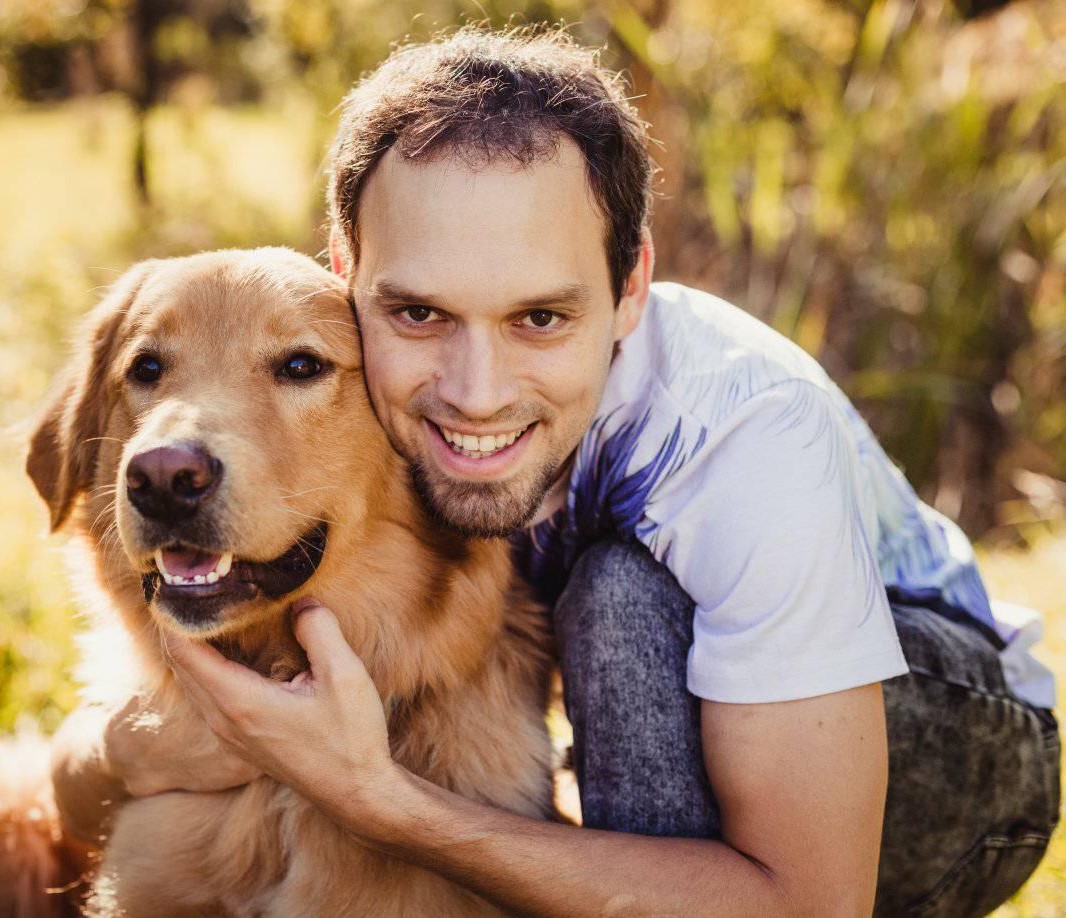 Uzdravení mimo systém
Uzdravení mimo systém
Jak je možné uzdravit se z nemoci, kterou lékaři považují za neléčitelnou? Já osobně nejprve opustil systém péče, který nevěřil v možnost mého uzdravení. Systém, jenž nerespektoval mé přání neužívat medikaci a snažil se mocensky řídit můj další život. Já však schizofrenii nevnímal jako nemoc, ale jako lstivého, zákeřného, nepředvídatelného a často děsivého protivníka. Poctivě jsem začal studovat svého soupeře a snažil se přijít na účinnou formu myšlenkové sebeobrany.
Díky ní se v mém životě nakonec mohlo objevit vše, po čem jsem toužil – smysluplná práce, žena, kterou miluji, a tři děti, které radost násobí. Svým způsobem to byla moje vnitřní cesta z dětství do dospělosti – od nezodpovědnosti, strachu, nevědomosti a útěků před sebou samým k odvaze převzít odpovědnost za svůj život a najít svůj kousek štěstí. Ve svém příspěvku se s vámi podělím o to, jak jsem se naučil čelit útokům vlastní mysli a dokázal se vymanit z role psychiatrického pacienta.
In 2009, he was hospitalized with a diagnosis of paranoid schizophrenia. After being discharged, he decided to embark on a path as a disobedient patient, discontinuing all medication. He believed that recovery was possible and that one day he would write a book about how he achieved it. Ten years later, it was published under the title Cesta ze schizofrenie (A Journey Out of Schizophrenia), and since its publication, he has been intensely dedicated to the field of mental health.
Under the guidance of Marek Hopfenbeck, he completed training in Open Dialogue, which he now practices as a facilitator and lecturer for the Narativ association. He has also long served as a peer consultant and has experience working in a multidisciplinary team. He worked as a regional specialist and lecturer for destigmatization activities for NUDZ (National Institute of Mental Health). He is currently involved in a Ministry of Health project focused on integrating people with lived psychiatric experience into the care system and is a member of the South Moravian Region's mental health board.
Recovery Outside the System
How is it possible to recover from an illness that doctors consider incurable? Personally, I first left the care system, which did not believe in the possibility of my recovery. A system that did not respect my wish not to take medication and tried to control my life coercively. However, I did not perceive schizophrenia as an illness, but as a cunning, insidious, unpredictable, and often terrifying adversary. I honestly began to study my opponent and tried to find an effective form of mental self-defense.
Thanks to this, everything I desired eventually appeared in my life – meaningful work, the woman I love, and three children who multiply my joy. In a way, it was my inner journey from childhood to adulthood – from irresponsibility, fear, ignorance, and running from myself to the courage to take responsibility for my life and find my piece of happiness. In my contribution, I will share with you how I learned to face the attacks of my own mind and managed to break free from the role of a psychiatric patient.
Oana-Mihaela Iusco
Oana Iusco has been a voice hearer since early childhood and understands what it is like to live with voices through different stages of life – and how important it is to be heard. These personal experiences have inspired her to support people facing similar challenges. Since 2014, she has been working in in the field of mental health, peer support and human rights. With “Big Little Voice” at the heart of her commitment, she raises awareness through workshops and lectures, provides voice hearers with a platform to share stories of lived experiences, and promotes understanding of mental diversity authentically. Her goal is to rethink mental health, create spaces for understanding, and bring the topic of hearing voices out of the taboo zone.
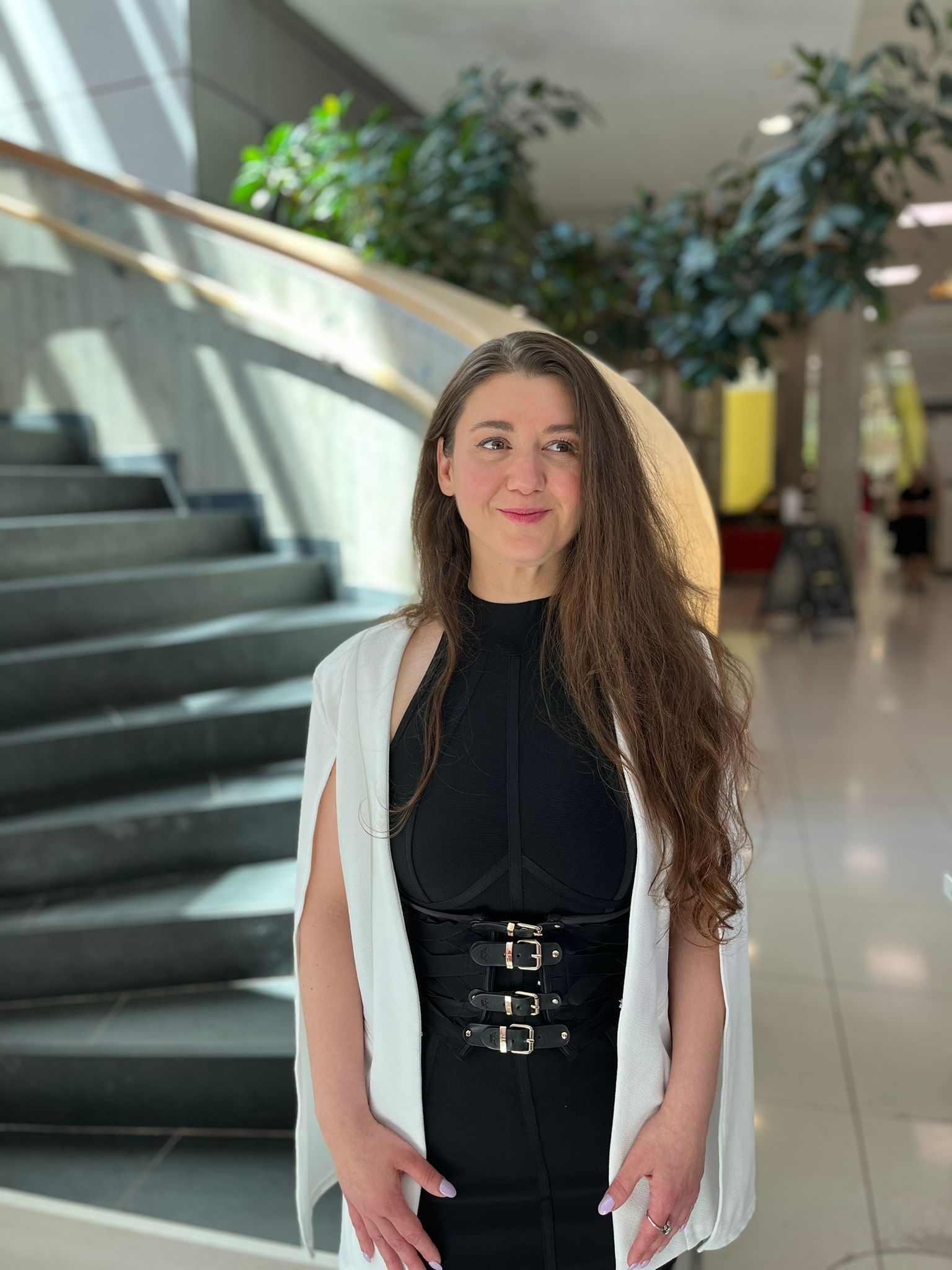 It is “hearing”, not “fearing”
It is “hearing”, not “fearing”
Abstract of the lecture: As a child, hearing voices can be confusing and isolating, often misunderstood by peers and adults. It is rare for someone to look deeply into the child's experiences and challenges or even consider if the voices have any meaning. Typically, the focus is on whether the child ‘functions’. During adolescence, the already challenging teenage years become more complex and sometimes also more exciting with the addition of difficult voices. In adulthood, hearing voices can feel like entering a taboo zone, leaving oneself to navigate these experiences alone. Balancing adult responsibilities with the experience of hearing voices, such as a child's voice pointing out a child's needs, can be particularly difficult. The experiences of hearing voices at different stages of life – from childhood to adulthood – can present unique challenges, gifts, and surprises. Mental health services may pose significant barriers, and discussing voice-hearing experiences openly can lead to judgment and stigma. At all stages of life, ‘hearing’ voices rather than ‘fearing’ them can be essential to understanding the voice-hearing experience in its wholeness and the life circumstances beneath the voices, so that the voice-hearing experience may even be perceived as an enriching one.
Mehmet Yucel
My name is Mehmet Yucel, and I am a systemic therapist and the developer of the Yucel Method. This innovative and visual approach is used in mental health care, youth services, and family support in the Netherlands and beyond. The Yucel Method helps individuals make sense of their thoughts, emotions, and experiences by physically mapping them out. This hands-on process brings clarity to complex situations and provides practical tools for personal growth and recovery.
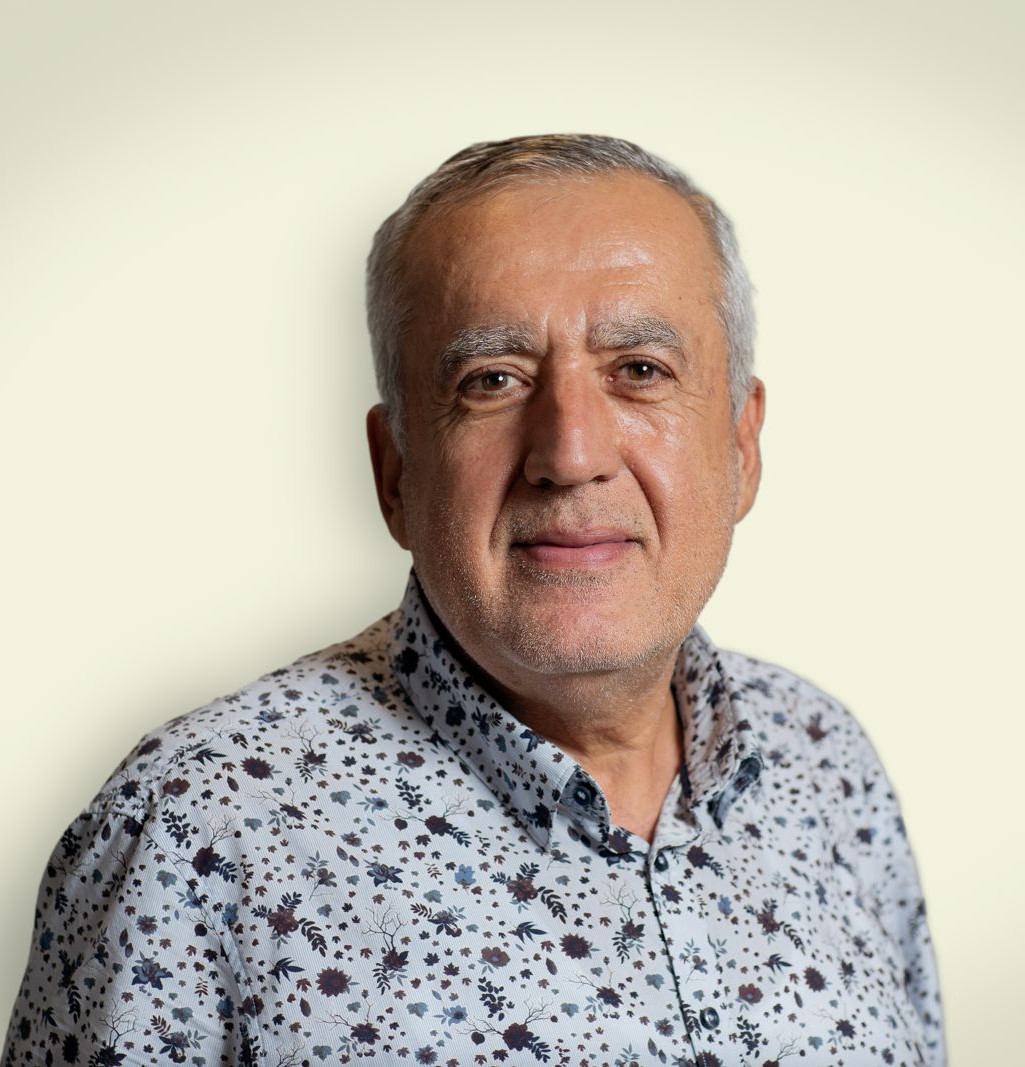 The Yucel Method – A Practical and Powerful Approach to Personal Recovery
The Yucel Method – A Practical and Powerful Approach to Personal Recovery
During my lecture in Prague, I will explore how the Yucel Method can be applied to the experience of hearing voices, looking at it through a systemic and recovery-oriented perspective. Hearing voices is often misunderstood and treated purely as a symptom, yet research shows that voices can have deep personal meaning, often linked to life experiences. The Yucel Method offers a practical and visual way to engage with these experiences, recognize underlying patterns, and develop new ways of relating to them.
Marlie van de Berg
I live in the beautiful city of Maastricht in the Netherlands. Yes the city where the Maastricht Approach [Interview] started. At that time I worked as a social worker in a sheltered housing instiution. Dirk Corstens was one of the consulting psychiatrists. After 46 years of working in several functions in mental health, I retired two years ago. In my last function I wqs coordinating a team of experts by experiences. In that team we also had people with experiences in hearing voices. Since five years I’m active as a trainer in the YUCEL-methode. I’ve trained people in the Netherlands and the Czech Republic.
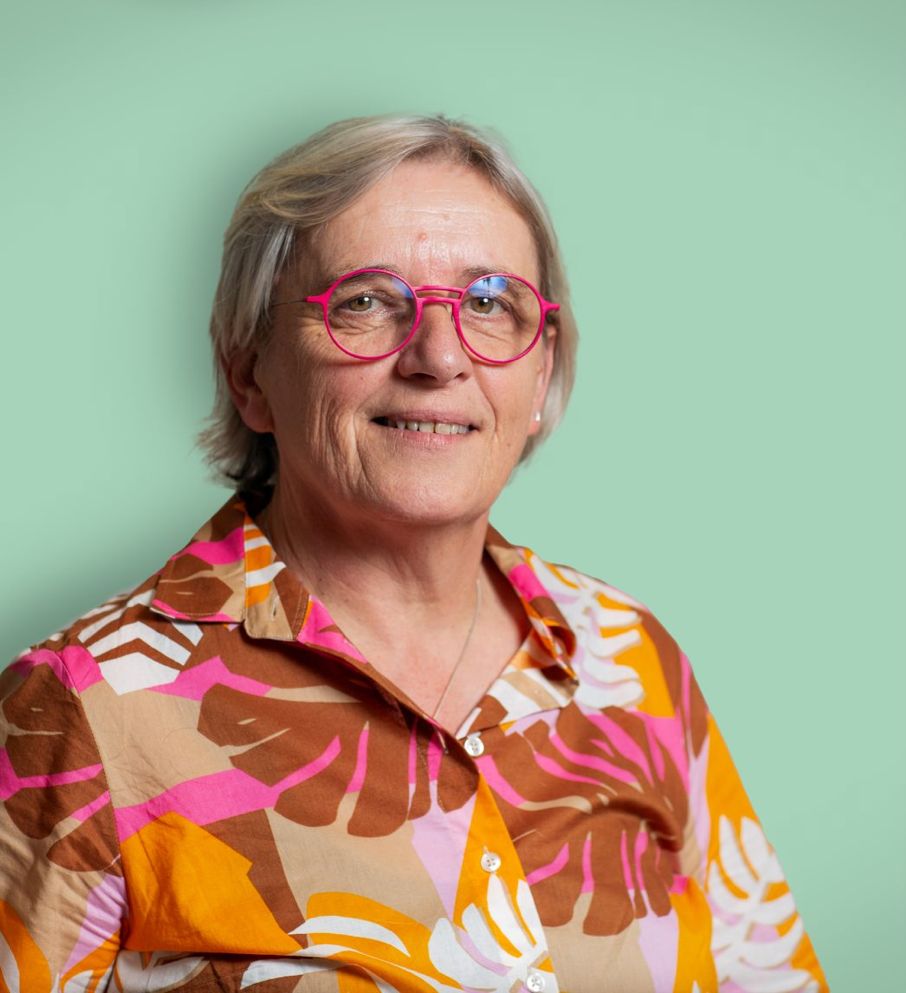 During the conference I will be translating for Mehmet Yucel, the founder of the method.
During the conference I will be translating for Mehmet Yucel, the founder of the method.
Romana Stříbrná a Tomáš Vavřina
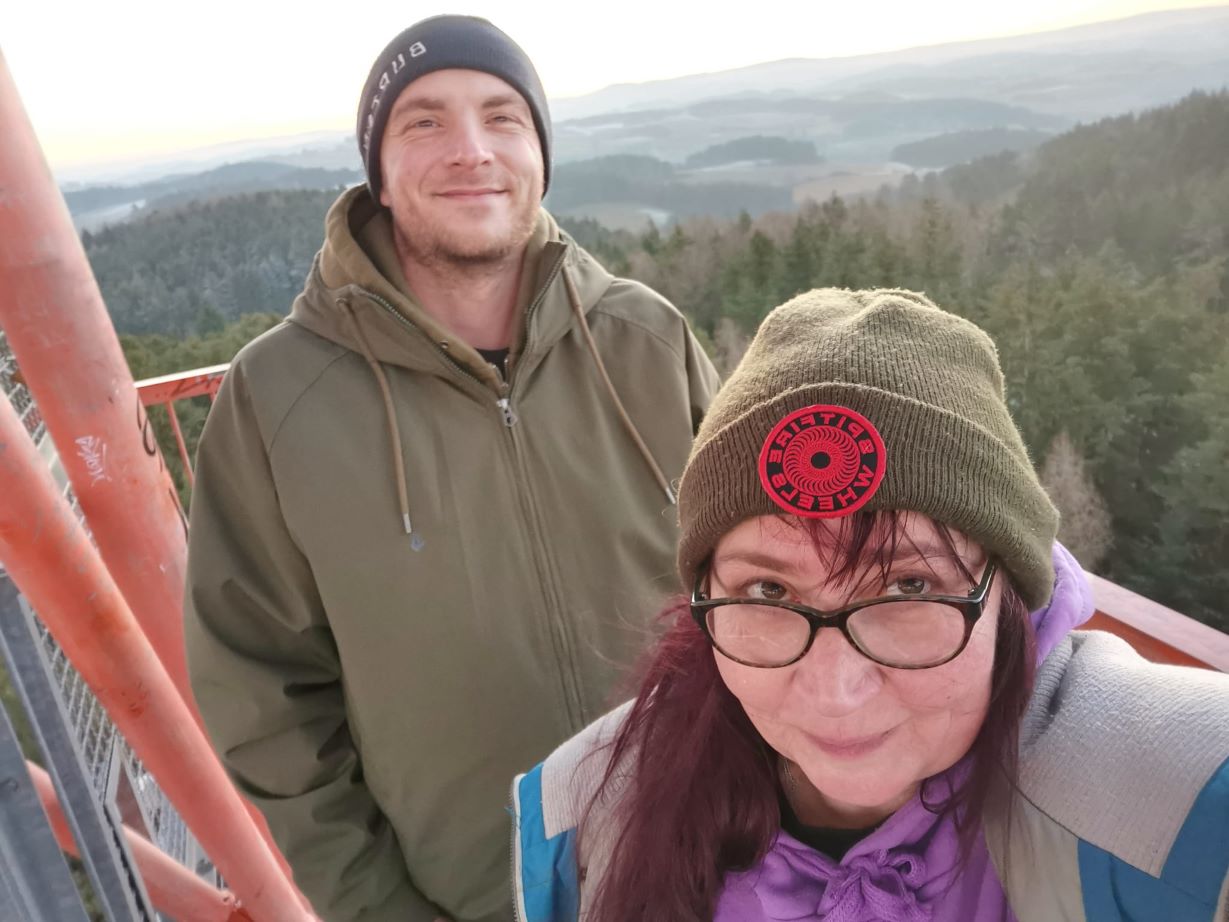 Ona a on aneb láska a hearing voices.
Ona a on aneb láska a hearing voices.
Ona se narodila o pár let dřív, odmala viděla bytosti, anděly, viděla obrazy věcí budoucích i minulých, nejen u sebe, ale i u lidí, které potkávala. Postupně zjistila, že není dobré o tom mluvit veřejně. Hlídala se, aby při komunikaci nesdělila, co vidí nad lidmi. V obrazech z minula se jí objevoval on. Nikdy nechtěla pracovat s lidmi, ale se zvířaty a chtěla studovat starověkou archeologii. Nakonec vystudovala bakalářskou sociální práci a celý svůj profesní život se zabývala a zabývá pomáháním lidem s nemocí a bolestí duše. Sama překonala řadu traumat. 14 let vedla strakonickou pobočku Fokusu Písek a hledala, jak s lidmi pracovat jinak, jak znormálnit slyšení hlasů, jak každému porozumět. A pak jí v roce 2018 do života přišel On.
On měl obyčejný hezký život, slibně rozjetou hokejovou dráhu, začal studovat střední školu a pak přišel zlom. Kolem 18tého roku života prodělal těžkou životní krizi, hledal odpovědi, ale přišla jen nálepka diagnózy, léčebny, spousta prášků a sdělení, že je tohle na celý život. Nedal se, hledal na duchovní cestě, jak z toho ven. Zabýval se buddhismem a chtěl lidem ukázat, že takhle ne. Slyšel hlasy, spoustu hlasů, které mu často nedávaly smysl. Ztrácel se ve znameních a díky práškům nemohl pořádně fungovat. Zabýval se psychospirituální krizí. Pak přišel na výběrové řízení na pozici peera a zjistil, že jí zná ze snu. Jako peer pracoval dva roky.
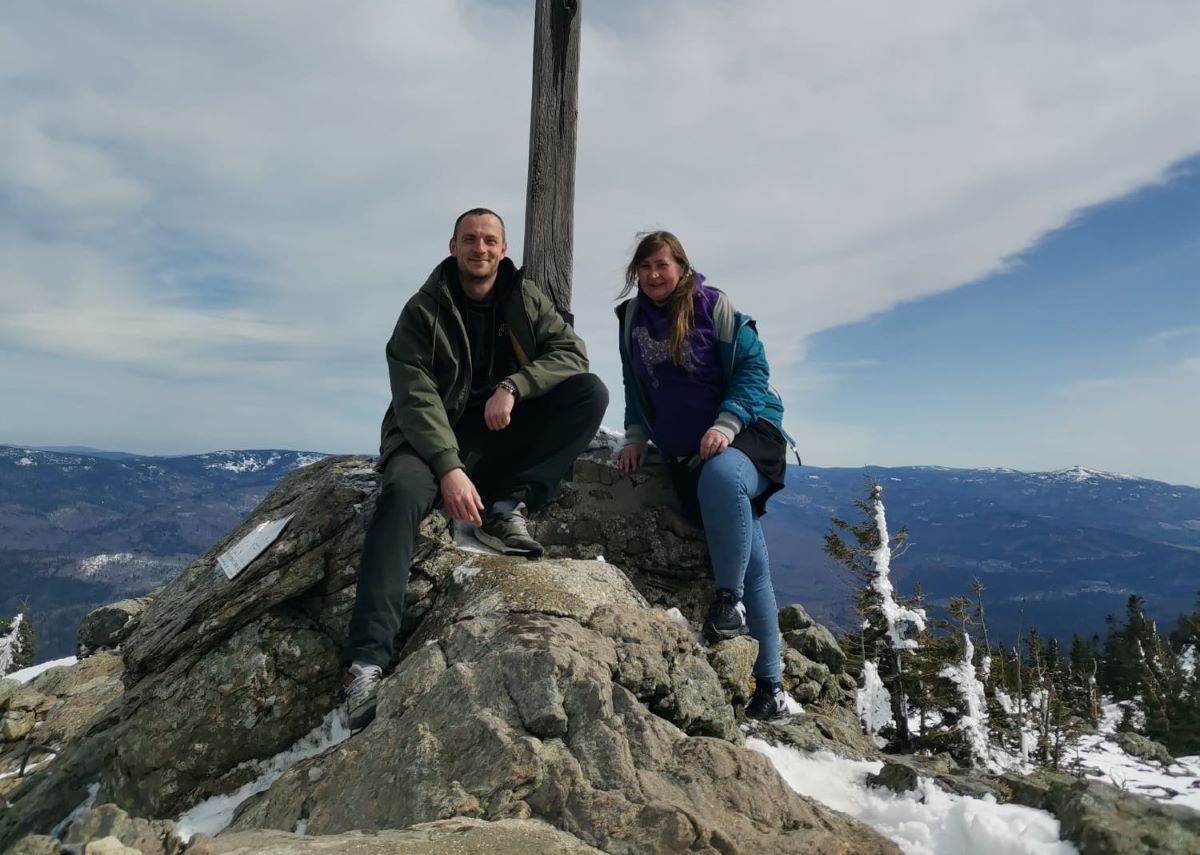 Začali se přátelit a společně hledat cestu pro slyšící a vidící trochu jinak než je tradiční psychiatrie a sociální služby. Najednou spoustu věcí dávalo smysl a význam. Vzájemně se doplňovali. Stávalo se, že on slyšel to, co ona viděla a naopak. A začali hledat, jak pomoci i ostatním. Potkali se s hnutím hearing voices a hlavně s Adim. Rozhodli se v roce 2019, že založí skupinu ve Strakonicích, nejprve i za pomoci kolegů, ale setkali se s tolika předsudky a omezením v systému, že skupinu nakonec vedli sami. Vznik skupiny lze charakterizovat jako velká punková jízda. Na konci roku 2020 společně se zástupci skupin celé republiky založili spolek Slyšení hlasů.
Začali se přátelit a společně hledat cestu pro slyšící a vidící trochu jinak než je tradiční psychiatrie a sociální služby. Najednou spoustu věcí dávalo smysl a význam. Vzájemně se doplňovali. Stávalo se, že on slyšel to, co ona viděla a naopak. A začali hledat, jak pomoci i ostatním. Potkali se s hnutím hearing voices a hlavně s Adim. Rozhodli se v roce 2019, že založí skupinu ve Strakonicích, nejprve i za pomoci kolegů, ale setkali se s tolika předsudky a omezením v systému, že skupinu nakonec vedli sami. Vznik skupiny lze charakterizovat jako velká punková jízda. Na konci roku 2020 společně se zástupci skupin celé republiky založili spolek Slyšení hlasů.
Pak přišel v roce 2020 zlom. Ona měla velkou bouračku, kde se děly věci mezi nebem a zemí. On to na dálku všechno věděl. Přijel a od té doby spolu žijí jako životní partneři. Oba postupně odešli ze systému služeb a založili soukromou Poradnu Pod růží, kde se schází i skupina Slyšení hlasů. Pracují i s mladými lidmi, zaobývají se traumatem, duchovním světem, důsledky minulosti. Ona své vidění maluje akrylem na plátno a ještě pracuje jako krizový intervent. On je bez prášků.
„To, že něco nevidíme, neznamená, že to tam není a to že něco vidíme, neznamená, že to tam je.“
Láska mezi partnery, kteří vidí a slyší, rodinný život, společná práce a pomáhání druhým a život v rodině s hearing voices je jedna velká jízda a pořádný mazec.

